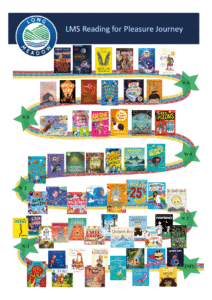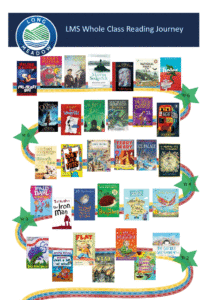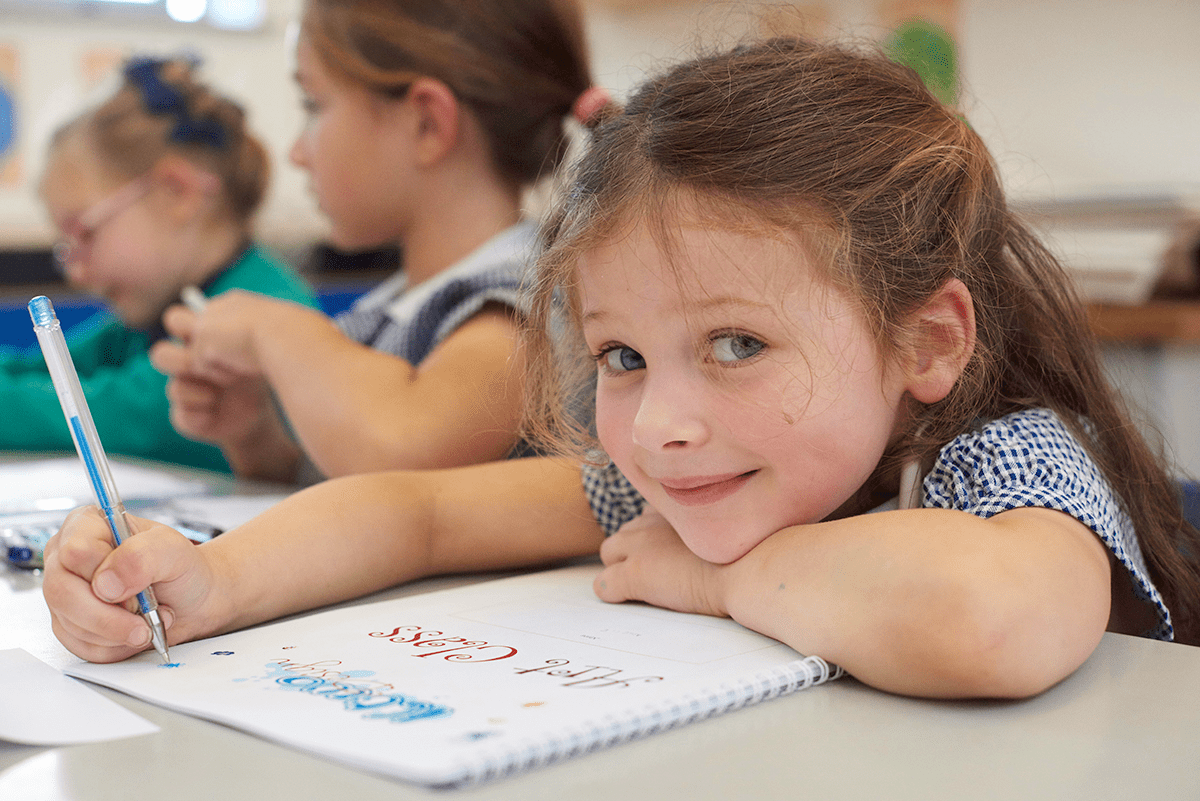- Home
- About Our School
- Welcome letter from Head Teacher
- Our School
- Values and Ethos
- School Prospectus
- School Travel
- British Values
- What makes us special?
- Sport
- Outdoor Learning
- Sustainability
- PALMS
- Music
- Charity Events
- Art
- Clubs
- Train to Teach
- Useful Information & Newsletters
- Weekly Newsletters
- Term dates and school holidays
- Dates For Your Diary
- Calendar
- Safeguarding Newsletters
- Mental Health & Wellbeing
- Hot School Meals
- Before and after school club
- DLA Information Sharing
- Admissions
- Vacancies
- Cost of Living Parental Support
- Remote Education
- COVID-19 Historical Information
- Who’s Who?
- Documents & Policies
- Policies
- School Development Plan
- Forms
- Financial Benchmarking
- Ofsted Report
- GDPR
- Pupil Premium
- SEND Information Report
- Sports Premium funding
- Performance data and results
- Curriculum
- Class Information

Curriculum
Intent:
At Long Meadow, our curriculum is built upon our values: I am happy; I am confident; I am resilient; I am valued; I am #proud. Our curriculum is intended to develop the whole child and we provide a wide variety of rich and meaningful learning opportunities which not only promote academic achievement but that also promote positive mental health and well-being. We strongly believe that all children have the right to an ambitious and engaging curriculum and we adapt our curriculum as necessary to ensure all children make progress from their individual starting points. We hope that, by the end of their journey at Long Meadow, our children will have developed a love of learning and ignited a flame of curiosity that will continue to burn brightly throughout their education and beyond.
Implementation:
Using the core Magenta principles of ‘Thinking, Talking, Doing,’ our curriculum is designed to engage all children and encourage them to become independent and active learners. We use the National Curriculum to carefully sequence objectives across year groups and our subject leaders have created Roadmaps to represent this journey visually to the children allowing them to articulate their journey towards becoming a scientist; a historian; a geographer etc. Each curriculum subject is planned using our ‘Heads, Hands, Heart’ approach:
-Head: knowledge based on the National Curriculum
-Hands: skills that children need in each subject
-Heart: our school valuesSubject leaders have planned the learning for their subject across the school to ensure consistency and progression as well as ensuring that learning is revisited in order for it to ‘stick’. Learning begins in Early Years and then learning in Key Stage 1 is built upon the learning in Early Years and learning in Key Stage 2 is built upon the learning in Key Stage 1. Subject leaders, through effective use of monitoring, ensure that standards across the whole curriculum demonstrate high expectations for all. Teachers adapt learning tasks to meet the needs of all pupils, including those with SEND and those children who need challenging.
Learning in each subject is built upon prior knowledge whilst also working towards clearly defined end points. Children are reminded of their previous learning in order to help them understand the purpose and context of their learning. Learning is purposeful, exciting and topic based and lessons are focused on the Magenta principle that: Learning is the consequence of thinking, therefore our job is to get them to think; language is central to thinking, therefore our job is to get them to talk; learning is an active process, therefore our job is to get them doing. Subject leaders consider carefully what children are required to do with the information they are given in order to make sense of it and commit it to long term memory.
Knowledge organisers, which are created by subject leaders, provide the key information for each unit and children use these during their learning as a scaffold but also as a ‘Sticky Learning’ tool. Children have a book for each subject and these books follow the children through the school. This is so that children can see the journey they are on for each subject; see the value of each subject as a separate entity and to revisit key learning to ensure it has transferred into long term memory.
Impact:
The impact of the school’s curriculum can be seen in the children’s books and in the children’s articulation of their learning. Pupils’ progress is assessed at the end of each lesson and, as a consequence, further learning opportunities are planned to address misconceptions and gaps in learning are identified to ensure that the curriculum effectively meets the needs of all pupils. Children are also assessed at the end of each unit to identify how successfully the children have learnt what has been taught. We hope that the impact of our curriculum lives on in the pupils and fills them with a love of learning.
English
Reading
At Long Meadow School we prioritise the teaching of reading and we are committed to ensuring that all children learn to read as quickly as possible, ensuring that they become a competent and confident reader both for academic success and for enjoyment of language and stories. Alongside this is our wish that our children leave Long Meadow with a life-long passion for reading and stories because reading for pleasure provides so many benefits: academically, socially and emotionally.
We use Read Write Inc. to teach children how to read because it is a systematic and carefully structured phonics programme. We start by teaching phonics to the children in Early Years. This means that they learn how to ‘read’ the sounds in words and how those sounds can be written down. The children also practise reading what we call ‘red words’, such as ‘once,’ ‘have,’ ‘said’ and ‘where’. The books that children read are carefully matched to their current reading ability and they also take home a Read Write Inc. book bag book each week to practise their reading at home.
Children who are working below age-related expectations or who do not make progress are provided with daily 1:1 tutoring to ensure that they ‘keep up’ rather than need to ‘catch up’ further down the line.
To develop their understanding, we discuss stories that we have read and share our opinions and preferences. We teach the children how to retrieve information, to make inferences and to summarise key information so that they develop a deeper understanding of what they have read.
Once children have completed the Read Write Inc. programme, we use whole class reading sessions to further develop children’s reading skills. There is a focus text for the half term which enables the children to delve deeper into the story and the themes. During the sessions, the teacher models how to read fluently and the children also have the opportunity to read with a partner, developing their fluency and stamina. Children then explore a carefully chosen paragraph or section which links to a specific focus: inference, prediction, summary, retrieval, explanation.
Daily story time is embedded into the timetable and happens every day in every classroom across the school. The Reading for Pleasure spine has been carefully planned to ensure that children are exposed to a wide variety of genres and characters, exploring different themes and emotions.

Phonics Progression
Intent Statement
EnglishSpelling
Understanding how to spell correctly is important in supporting children to communicate their ideas clearly and accurately. We recognise that the English language makes learning to spell difficult for children, due to the high number of possible grapheme choices for each phoneme. Because of this, we teach children to spell using the Read Write Inc. Phonics programme in Early Years and Key Stage One and the Read Write Inc. Spelling programme from Year 2, which is a robust and systematic approach to teaching spelling. The programme provides explicit, systematic teaching that is continually practised and reinforced until knowledge is committed to children's long-term memory. Throughout each unit, children participate in a range of activities to explore and practise a specific spelling pattern and, following this, opportunities to revisit and revise are planned into the Long Term Plan for each year group.Spelling LTP Writing
At Long Meadow School our priority is to create fluent writers, who are equipped with the knowledge and skills required to be confidently literate throughout their lives.
We believe that reading and writing are inextricably intertwined and so we link reading and writing to develop both skills simultaneously. We believe that, as much as possible, writing should have a purpose and we make this clear to the children so that they understand why they are writing. We follow the ‘purposes’ model of teaching writing rather than the ‘text type’ model and children learn to write for the four main purposes of writing: to entertain, to persuade, to inform, to discuss. By the end of Key Stage Two, we would expect that children understand that many text types can fall under more than one category, for example newspaper reports can be written to persuade, to inform or to entertain.
When teaching the skills of writing, we follow a carefully sequenced structure. First, we spend time exploring the purpose, analysing what success looks like through an exploration of the structure (both whole-text and sentence level) and the specific language features. Then we model specific parts of the purpose for writing, focusing on the key grammar and language skills needed to be successful. This is where misconceptions are addressed and children have the opportunity to initially apply their understanding through scaffolded pieces of writing. Finally, the children apply what they have learned by completing a ‘hot write’ where they write for the purpose independently. This final stage also includes editing, both content and secretarial, as well as publishing for a given audience.English Writing Progression English Writing Overview English Knowledge Organisers Year 1
Y1 Autumn 1
Y1 Spring 1Year 2
Y2 Adventure story
Y2 Autumn 2 Funny story
Y2 Autumn 2 Instructions
Y2 Autumn 2 Setting description
Y2 Biography
Y2 Spring 1 Character description
Y2 Spring 1 Non chronological report
Y2 Spring 2.1 Narrative recount
Y2 Spring 2.2 Newspaper report
Y2 Summer 1 Letter
Y2 Summer 1.2 Narrative Adventure StoryYear 3
Y3 Autumn 1 Biography
Y3 Autumn 1 Character description
Y3 Autumn 2 Battle scene
Y3 Autumn 2 Instructions
Y3 Spring 1 Narrative spooky story
Y3 Spring 1 Persuade letter
Y3 Spring 2.1 Inform Explanation
Y3 Spring 2.2 Setting description
Y3 Summer 1 Non Chronological France
Y3 Summer 1.2 Narrative RecountYear 4
Y4 Autumn 1 Newspaper report
Y4 Autumn 1 Portal story
Y4 Autumn 2 Persuade advert
Y4 Autumn 2 Setting description
Y4 Spring 1 Entertain Adventure story
Y4 Spring 1 Inform Explanation
Y4 Spring 2.1 Inform recount
Y4 Spring 2.2 Narrative warning story
Y4 Summer 1 Persuade letter
Y4 Summer 1.2 Narrative Love StoryYear 5
Y5 Autumn 1 Biography
Y5 Autumn 1 Narrative dramatic escape
Y5 Autumn 2 Entertain suspense story
Y5 Autumn 2 Persuasive leaflet
Y5 Autumn 2 WAGOLL visiting Rome
Y5 Spring 1 Entertain sci-fi story
Y5 Spring 1 Newspaper report
Y5 Spring 2.1 Inform Explanation
Y5 Spring 2.2 Entertain battle scene historical
Y5 Summer 1 Inform Instructions
Y5 Summer 1.2 Entertain Mystery StoryYear 6
Y6 Autumn 1 Letter of complaint
Y6 Autumn 1 Narrative recount
Y6 Autumn 2 Character description
Y6 Autumn 2 Non chronological report
Y6 Spring 1 Entertain flashback story
Y6 Spring 1 Persuasive speech
Y6 Spring 2.1 Non chronological report
Y6 Spring 2.2 Entertain WWII story
Y6 Summer 1 Persuade letter
Y6 Summer 1.2 Entertain Spooky StoryMaths Policy
Maths Calculation Policy
Maths Mastery at LMS
Maths Knowledge Organisers
Curriculum
Road Maps Intent Statements Long Term Planning Knowledge Organisers
Art Art Art PLEASE SEE INDIVIDUAL DT DT DT PARENT PAGES (UNDER Geography Geography Geography THE PARENT TAB) FOR History History History SUBJECT KNOWLEDGE ORGANISERS Maths Mathematics MFL MFL MFL Music Music Music PE PE PE PSHE PSHE PSHE RE RE RE Science Science Science Science LTP
SEARCH




